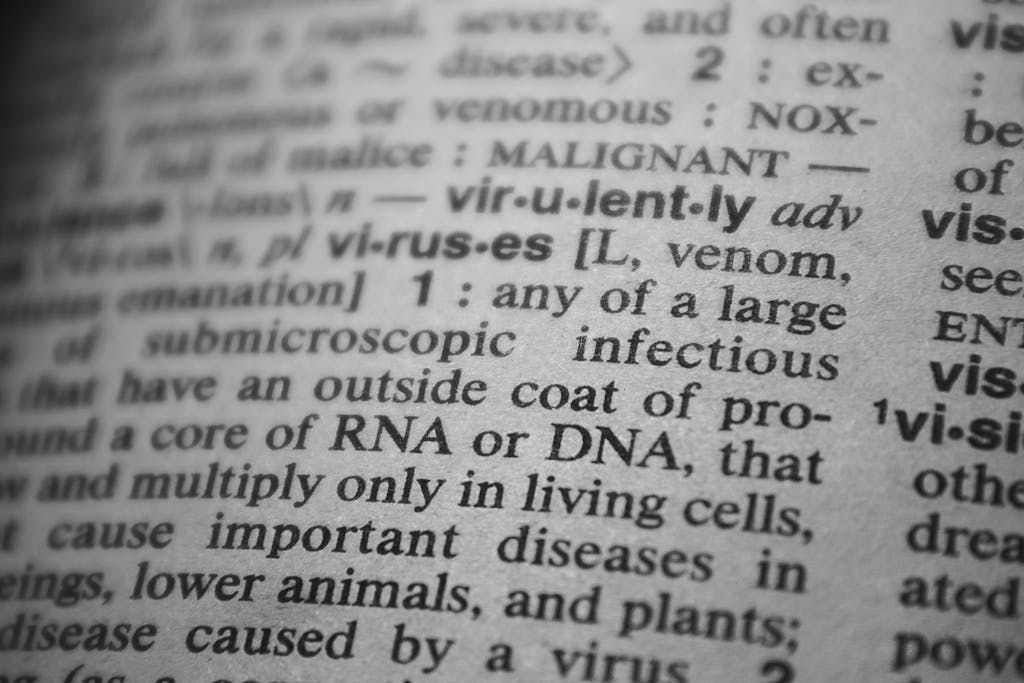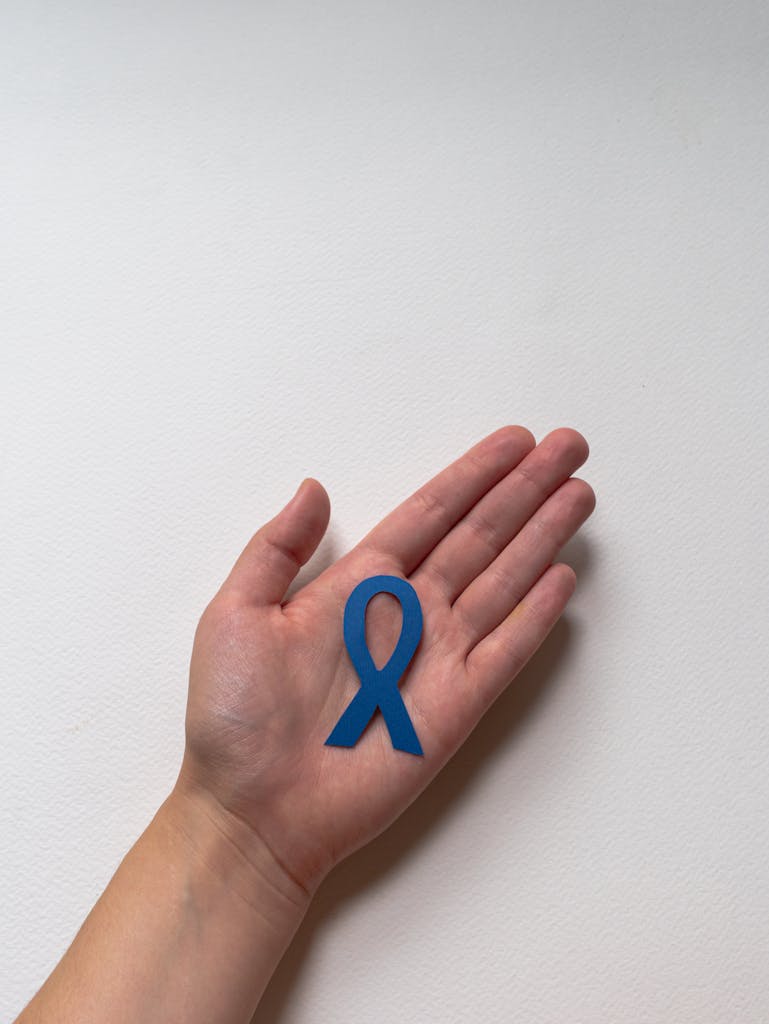Campaigning
M.E awareness for 2020
Awareness helps in several ways: it educates the public and healthcare providers, reducing stigma and promoting early diagnosis; it drives funding for research into causes and treatments, as there’s currently no cure; and it fosters empathy and support for those living with ME, who often feel isolated due to the condition’s impact on their daily lives. By shining a light on ME, we can improve quality of life for millions and push for better medical and social resources.

raising awareness for 2020
Raising awareness for Myalgic Encephalomyelitis (ME), also called Chronic Fatigue Syndrome (CFS), is vital because it’s a misunderstood and often invisible illness. ME is a severe, chronic condition that impacts multiple body systems, leading to extreme fatigue, pain, brain fog, and post-exertional malaise—where even small activities worsen symptoms.
This Years Focus

NICE Draft Guidelines
We are studying it and will produce a response in near future

Letter to BACME
This to ask questions concerning the position statement that they released in October 2020

Charities call for removal of GET and CBT from NICE Guidelines
As charities supporting people with M.E. we have been actively campaigning for NICE to remove the recommendation of Graded Exercise Therapy (GET) and Cognitive Behavioural Therapy (CBT) in the guideline for M.E./CFS.
Patient surveys conducted by charities and groups including Forward-ME have repeatedly shown the harm that can be caused by these therapies, even when delivered by an M.E. Specialist. While this guideline is under review we are calling for NICE to remove the recommendation and add a health warning stating the risks associated with GET and CBT.
One of the main considerations during the guideline review is the evidence for GET in particular. It is therefore appropriate that they take this action in response to the legitimate questions and concerns that have been raised over its safety and effectiveness.

25% ME Group stance on exercise
We are extremely concerned that some medical/care professionals and sports/exercise specialists are still recommending exercise programmes and/or graded exercise therapy (GET) to people who suffer from ME without even adding very prominent warnings about the harm that exercise can cause to ME sufferers – especially those with severe ME

Letter to NICE concerning removal of GET from NICE Guidelines
In the light of NICE guidance to post Covid 19 patients regarding exercise we feel that NICE should not delay any further regarding its guidelines for ME and should remove any advice regarding GET immediately.

ICC Definition for M.E.
Myalgic encephalomyelitis is an acquired neurological disease with complex global dysfunctions. Pathological dysregulation of the nervous, immune and endocrine systems, with impaired cellular energy metabolism and ion transport are prominent features. Although signs and symptom are dynamically interactive and causally connected, the criteria are grouped by regions of pathophysiology to provide general focus.

Dialogues for a neglected Illness – or Dialogues for ME/CFS,
An informative new video series, produced in the UK, called Dialogues for a neglected Illness – or Dialogues for ME/CFS, produced by Josh Biggs and Natalie Boulton, includes two fifteen minute videos about Severe ME: Severe & Very Severe ME/CFS; and Symptoms and Management of Very Severe ME/CFS. These can be viewed and shared for free online.

ME Awareness Day 2020
Charity Severe ME Awareness day info

Opposition to Oxford Fatigue Leaflet
Opposition to Oxford Health NHS Foundation Trust: “Coping with Coronavirus: Fatigue

COVID19 and the rights of disabled people
Very important. Please sign to protect the lives of disabled people. Let others see this post Click below where it says “view post” to see the full post and to access the link to read and sign the letter
“…………… However, we have read about cases that have made us feel worried that the principles on which the NHS are built are sometimes not being upheld. We are concerned that the rights of disabled people, of all ages, as set out in the Human Rights Act (1998), the Mental Capacity Act (2005), the Adults with Incapacity (Scotland) Act (2000), the Equality Act (2010) and the United Nations Convention on the Rights of Persons with Disabilities (2006) and the Convention on the Rights of the Child (1989) are not always being upheld. NHS staff normally use these laws to help make decisions about people’s treatment. In this crisis it’s more important than ever that all NHS staff follow them………………..”

ME AND PEM
This film will give you an introduction to PEM (Post Exertional Malaise). Once you’ve understood what PEM is about, you’ll know a lot more about the ME Awareness Day

Useful medical information when treating COVID-19 in patients with underlying
myalgic encephalomyelitis/chronic fatigue syndrome (
BatemanHorneCenter.org 801-359-7400 March 23, 2020
Useful medical information when treating COVID-19 in patients with underlying
myalgic encephalomyelitis/chronic fatigue syndrome (ME/CFS)
and severe fibromyalgia (FM)
If your patient has been diagnosed with ME/CFS/severe FM, you should assume they have a serious, chronic,
multisystem illness that may negatively impact their prognosis. The intention of this letter is to provide basic
advice and medical/scientific information about ME/CFS/severe FM that can inform medical decisions.

LETTER TO SEND TO SHOPS TO HIGHLIGHT ISSUE OF SHOPPING PROBLEMS
I have an illness known as M.E. (Myalgic Encephalomyelitis): this is described by the W.H.O. (World Health Organisation) as a neurological diseasei, making it similar to illnesses such as Multiple Sclerosis, Motor Neuron Disease and Parkinson’s.
The NHS is mandated to implement M.E. as a physical, neurological disease.

Letter to supermarkets
Letter sent to major supermarket chains and UK Government from UK ME charities and the All Party Parliamentary Group on ME

Coronavirus Bill could leave thousands of Disabled people without support
The bill potentially poses a serious risk and can put the wellbeing of many at real danger. We ask you to write to your MP immediately.
